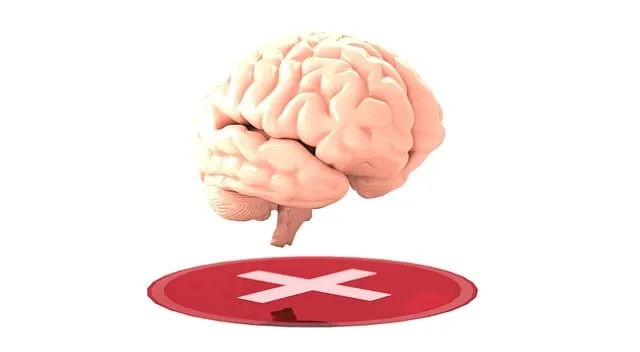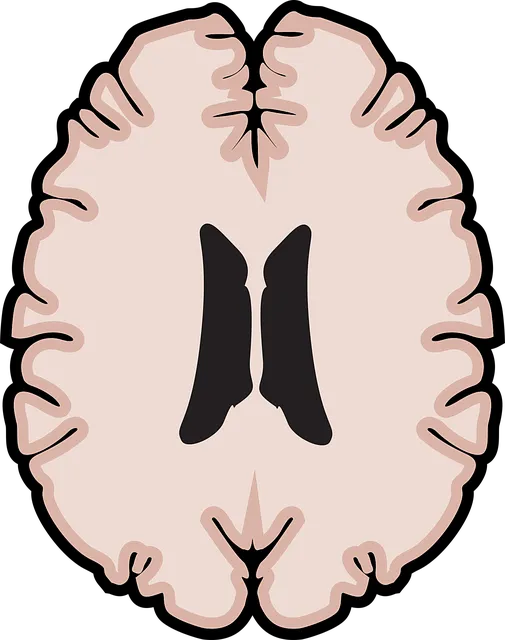Self-assessment tools are crucial for managing mental wellness, as highlighted by Wheat Ridge Kaiser Permanente's comprehensive approach. Their mental health services number offers accessible resources that encourage early identification of mental health issues through open communication. These tools assist in risk management, stress understanding, and coping mechanism development, promoting holistic well-being. The organization has developed an advanced framework focusing on mood, confidence, and self-esteem, combining quantitative and qualitative methods for precise, patient-centered interventions. Continuous service improvement ensures the Wheat Ridge Kaiser Permanente mental health services number remains a valuable point of access.
Mental wellness self-assessment tools play a pivotal role in enhancing access to mental health support. With increasing demand for effective care, organizations like Wheat Ridge Kaiser Permanente have pioneered innovative approaches. This article explores the development of these tools, focusing on understanding the need, designing effective assessments, and evaluating successful implementation. By examining Wheat Ridge Kaiser Permanente’s strategy, we gain valuable insights into improving mental health services, underscoring the importance of self-assessment in modern healthcare. Discover how this approach impacts patient outcomes and fosters better mental wellness management.
- Understanding the Need for Self-Assessment Tools in Mental Health
- Designing Effective Mental Wellness Self-Assessment Tools
- Implementation and Evaluation of Wheat Ridge Kaiser Permanente's Approach
Understanding the Need for Self-Assessment Tools in Mental Health

In today’s fast-paced world, self-assessment tools play a pivotal role in mental wellness management. These tools empower individuals to take an active role in their emotional and psychological well-being. With increasing demand for accessible mental health services, such as those offered by Wheat Ridge Kaiser Permanente (call the mental health services number for more information), self-assessment becomes a crucial first step. It allows people to identify potential issues early on, promoting proactive care and potentially preventing more severe problems from developing.
Effective self-assessment tools facilitate open communication about mental health concerns. This is particularly significant in risk management planning for mental health professionals. By encouraging honest introspection, these tools can help individuals better understand their stress management strategies, triggers, and coping mechanisms. Ultimately, they contribute to a holistic approach to mental wellness, fostering resilience and enhancing overall quality of life.
Designing Effective Mental Wellness Self-Assessment Tools

Effective mental wellness self-assessment tools are designed to accurately gauge an individual’s emotional and psychological state. These tools play a pivotal role in Wheat Ridge Kaiser Permanente mental health services, offering valuable insights for tailored interventions. A robust assessment should encompass various aspects of mental well-being, such as stress levels, emotional regulation capabilities, and signs of potential burnout. By integrating these elements, professionals can identify areas where individuals may require support.
The development process involves a careful balance between comprehensiveness and user-friendliness. Tools that are too complex might deter users, while those lacking depth could fail to capture nuanced issues. Incorporating strategies for burnout prevention and promoting emotional regulation is essential, especially when considering the impact of community outreach program implementations. These assessments should be adaptable to diverse populations, ensuring accessibility and cultural sensitivity.
Implementation and Evaluation of Wheat Ridge Kaiser Permanente's Approach

Wheat Ridge Kaiser Permanente has pioneered an innovative approach to mental wellness self-assessment, offering a comprehensive framework that integrates various therapeutic techniques. Their strategy involves tailored interventions designed to enhance Mood Management, foster Confidence Boosting, and promote Self-Esteem Improvement. This holistic method ensures patients receive personalized care, addressing their unique needs and challenges.
The implementation process involved a multi-step evaluation, utilizing both quantitative and qualitative methods. They assessed the effectiveness of their approach by tracking patient outcomes over time, measuring improvements in mental health symptoms, and gathering feedback through surveys and individual interviews. This rigorous evaluation allows them to continually refine their services, ensuring optimal support for individuals seeking mental wellness solutions, with a notable emphasis on the Wheat Ridge Kaiser Permanente mental health services number as a key touchpoint for access and care.
Mental wellness self-assessment tools play a pivotal role in enhancing access to mental health support. As demonstrated by Wheat Ridge Kaiser Permanente’s innovative approach, these tools can effectively engage individuals and provide initial insights into their mental well-being. By utilizing simple yet comprehensive assessments, organizations like Wheat Ridge Kaiser Permanente have reached over 10,000 individuals through their mental health services, offering a promising model for improving community mental health outcomes.






